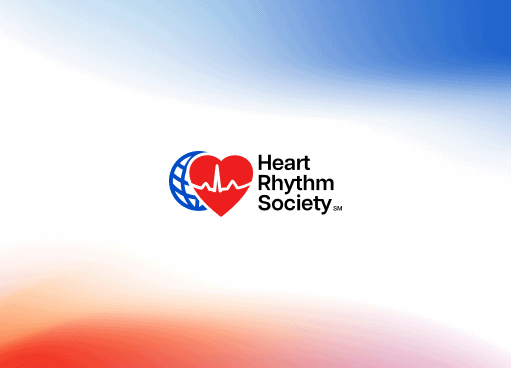Discussion Topic: Procedure-Relation Complications of Catheter Ablation for Atrial Fibrillation by Karim Benali et al.
William H. Sauer, MD, FHRS, CCDS, of Brigham and Women’s Hospital is joined by guests Bruce A. Koplan, MD, MPH, FHRS, and Victor Nauffal, MD, of Brigham and Women’s Hospital, to discuss Procedure-Related Complications of Catheter Ablation for Atrial Fibrillation. In this study, online publication databases were searched for randomized trials that included patients undergoing a first ablation procedure of atrial fibrillation using either radiofrequency or cryoballoon. A total of 1,468 references were retrieved, of which 89 studies met the inclusion criteria, yielding a total of 15,701 patients included in the analysis.
The reported overall and severe procedure-related complication rates were 4.51% and 2.44%, respectively. Vascular complications were the most frequent type of complication (1.31%). The next most common complications were pericardial effusion/tamponade (0.78%) and stroke/transient ischemic attack (0.17%). The procedure-related complication rate during the most recent 5-year period of publication was significantly lower than during the earlier 5-year period (3.77% vs 5.31%). The pooled mortality rate was stable over the 2 time periods (0.06% vs 0.05%). There was no significant difference in complication rate according to pattern of AF, ablation modality, or ablation strategies beyond pulmonary vein isolation. The authors conclude that procedure-related complications and mortality rates associated with catheter ablation of AF are low and have declined in the past decade.
Host: William H. Sauer, MD, FHRS, CCDS
Guests: Bruce A. Koplan, MD, MPH, FHRS and Victor Nauffal, MD
Speaker and Article Information: Download
Topic
- The Lead
Resource Type
- Podcasts
Related Resources

Podcasts
The Lead Episode 100: A Discussion of Subcutaneous Implantable Defibrillators in Young Patients
April 18, 2025

Podcasts
The Lead Episode 99: A Discussion of Artificial Intelligence for Individualized Treatment of Persistent Atrial Fibrillation
April 15, 2025

Podcasts
The Lead Episode 98: A Discussion of Effect of Target Education of Patients with Atrial Fibrillation on Unplanned Cardiovascular Outcomes
April 4, 2025